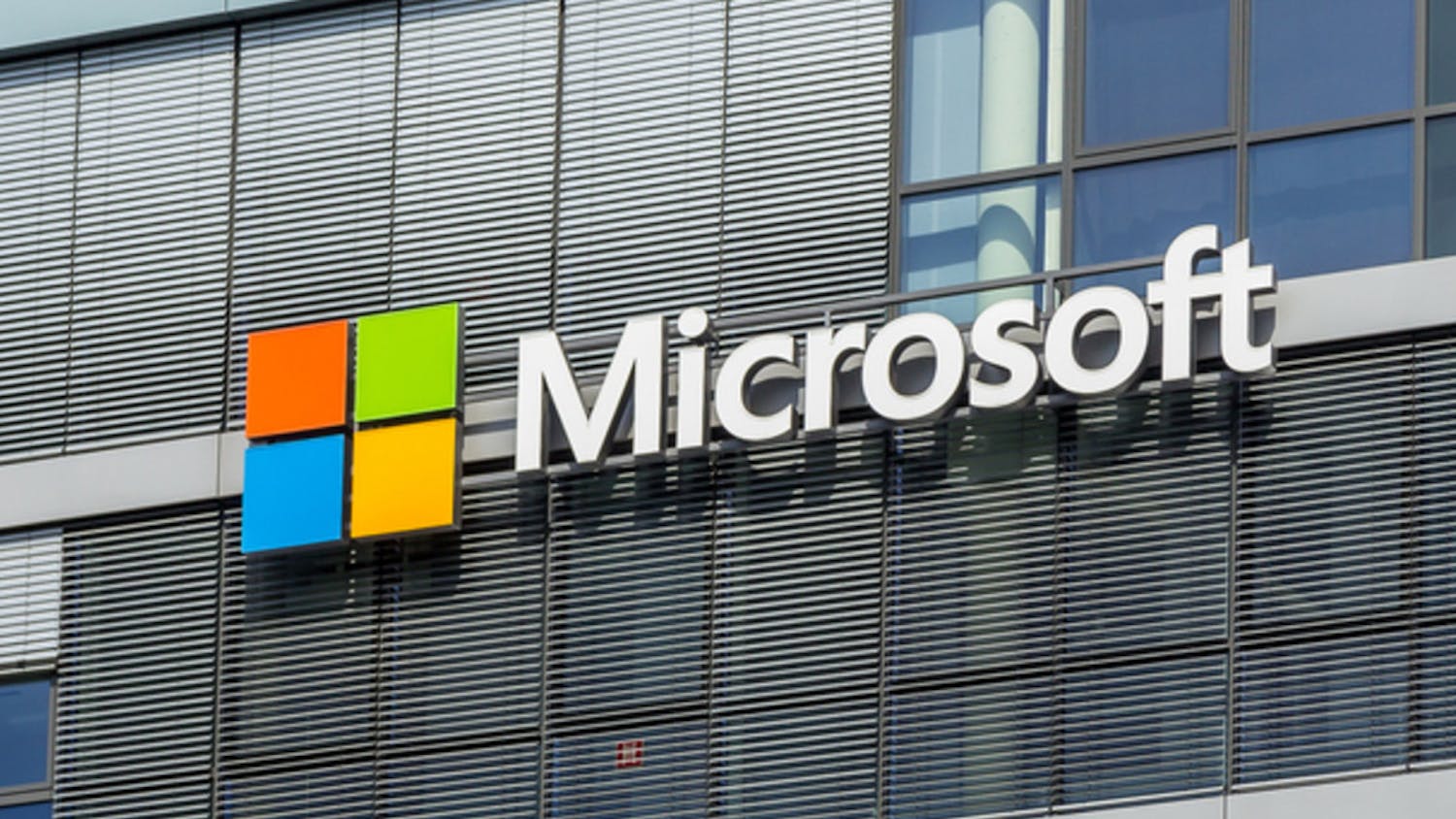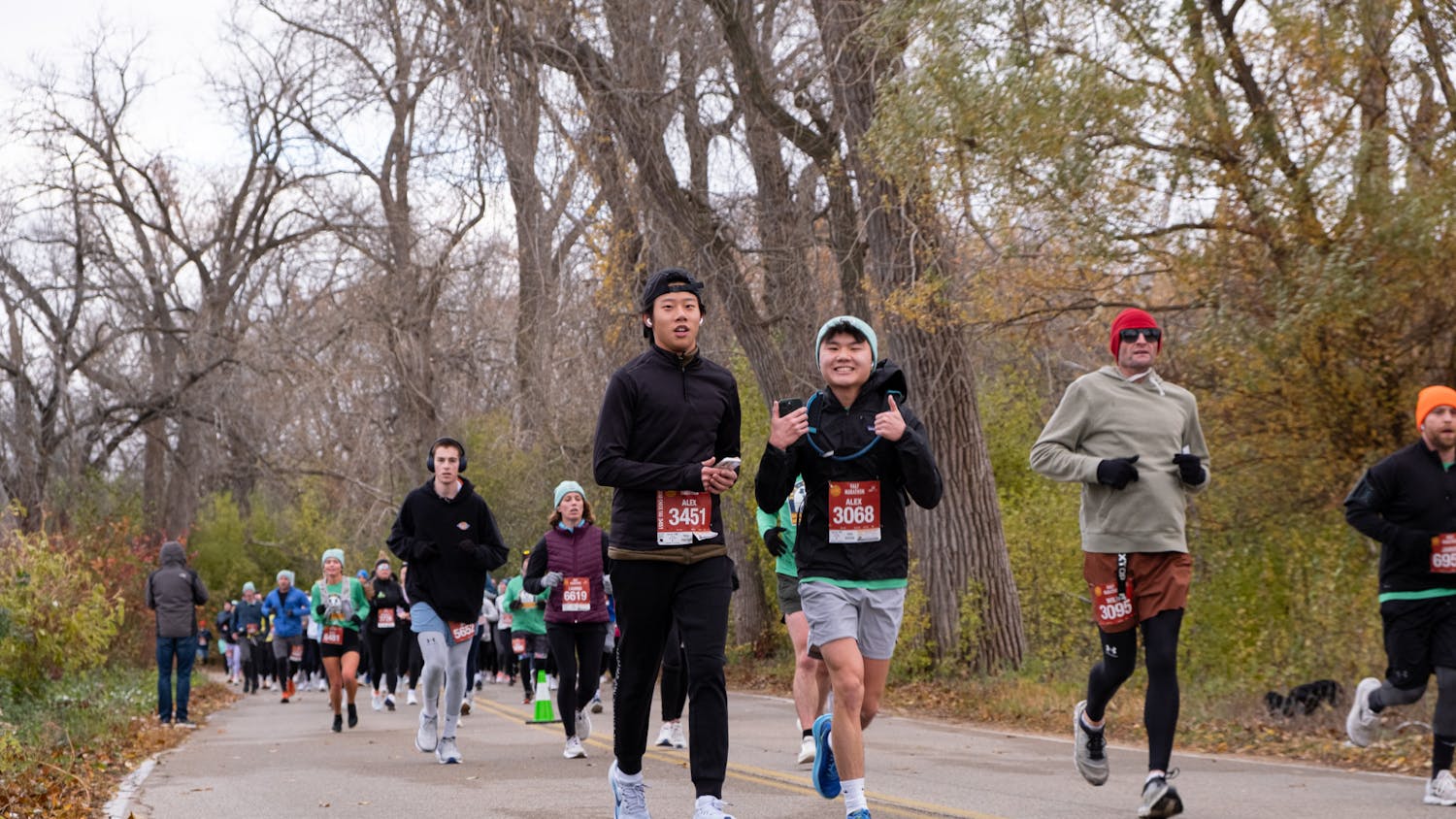The University of Wisconsin-Madison Speech and Debate Society (WSDS) is set to lose university funding and their advisor after this year due to budget cuts.
Leaders of the club said funding cuts could hinder the club’s goal to provide access and eliminate fees for all students interested. Immediate consequences include the removal of the team’s official coaching position, reduced competitive travel opportunities and added fees for the roughly 40 student members.
WSDS hosts a nationally-ranked speech team, and its debate team recently visited Panama for the World Schools Debating Championship, according to Austin Thoma, the club’s director and university-sponsored coach.
Thoma said he is working with external departments and organizations to seek the funding required to maintain the club’s accessibility and stability.
UW-Madison had separate speech and debate teams in various forms through the 20th century, fizzling out several times before going inactive in the 2010s.
Thoma helped revive and merge the two separate speech and debate groups in 2020, now with university sponsorship, after a decade of inactivity.
“UW-Madison has the only collegiate debate program in the state,” Thoma said. “This allows us to recruit students with crossover interests, who are often the most competitive.”
Since its revival, WSDS has achieved multiple competitive accomplishments, such as international recognition at the 2025 World Universities Debate Championship in Panama. The club has no entry barriers, tryouts or cuts. It relies on donor contributions and university funding so students can attend competitions without fees.
“We are designed this way for a reason — access to the skills of speech and debate is life-changing, and should be available to everyone,” he said, emphasizing the club’s intent to bolster student confidence in all facets of life.
Club members participate in rigorous practice debates each week where coaches and fellow members provide feedback. Through this consistent practice, WSDS simultaneously prepares for competitions and supports students by working towards potential career skills, according to Emily Lawrence, Vice President of the Wisconsin Speech and Debate Society.
“We’ve gone from competing almost solely online a few years ago to traveling across the country and the world to debate with some of the best schools in our discipline,” Lawrence said, noting that the club’s activities varied significantly during the COVID-19 pandemic.
The club hopes to increase outreach through Wisconsin’s high school speech and debate state championship, asking current club members to work the event and provide feedback and advice to participants. In the past, outreach has been done solely on campus by advertising the organization on social media and across campus.
Thoma noted students at the University of Oregon started a petition letter signed by speech and debate coaches across the Big Ten when they faced similar budget cuts to their program this fall.
Thoma was made aware of University of Oregon’s petition after the signing occurred. When asked if he would consider this course of action for his own team, Thoma said this method would be a last resort as he is currently seeking other funding opportunities through different academic departments.
“One of the best things about speech and debate is its capacity to give people a confidence in their speaking skills that they can carry with them wherever they go in life,” Lawrence said. “With the team's growth, we’ve been able to build the necessary infrastructure within the team to teach and share our skills with more new students.”






